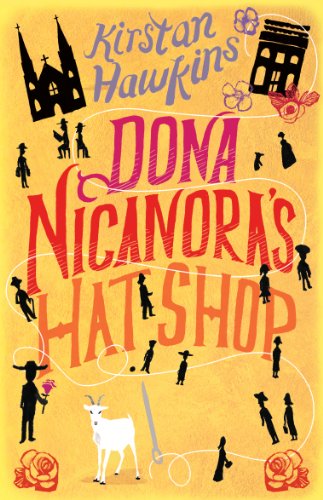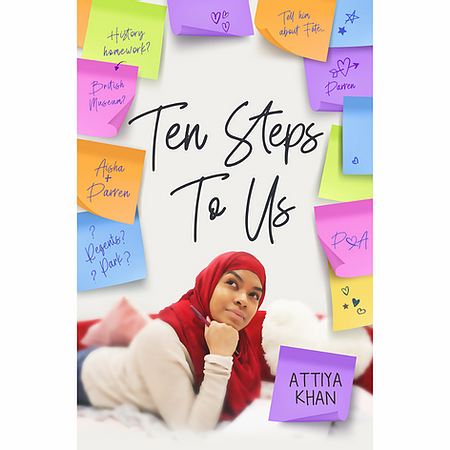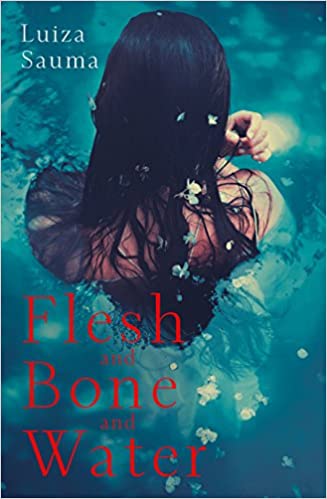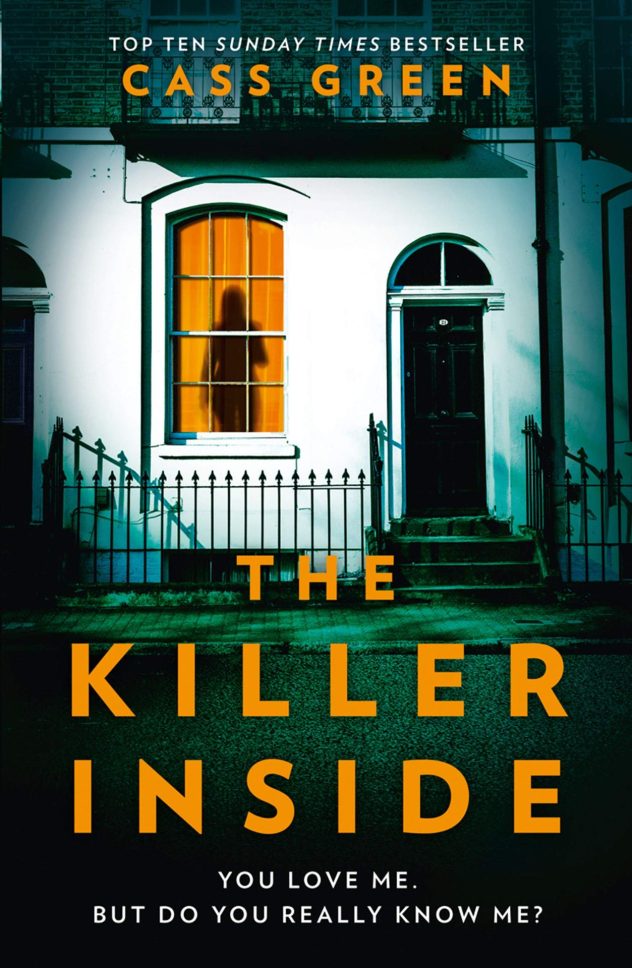By Rebekah Lattin-Rawstrone
We’re delighted to announce the winners of the City Writes Spring Competition, all of whom will be reading at our bumper in person City Writes Spring Event 2025, Wednesday, 26th March, 6.30pm in Northampton Square alongside Goldsmiths’ Prize shortlisted author, Han Smith and four of City St George’s Short Course tutors: Jem Bartholomew, Katy Darby, Caroline Green and Martin Ouvry. Register for this wonderful free event now and sit back as we introduce you to our competition winners.
- Ellen Bassam
- Hatty Nash
- Tunde Oyebode
- Aaron Payne
- Mya Shakur
Ellen Bassam is a London-based writer whose work explores the intersections of everyday life, politics, popular culture, and nature. With a background in political campaigning, she brings a sharp, insightful perspective to her writing. Currently, she runs Alternative Route, a zine about walking, with a focus on the experiences and stories of women and girls. Ellen is a Narrative Non-Fiction alumna and will be reading her story, ‘Two y’s and no smiley face’.
Approach to Creative Writing alumna Hatty Nash is a radio producer who writes and reads fiction in her spare time. She joined the BBC on the prestigious Production Trainee Scheme and has since produced programmes for Radio 4, Radio 1, and the World Service, including Woman’s Hour and the Today programme. She grew up in Devon and now lives in East London. Hatty will be reading her story ‘Brainrot’.
Tunde Oyebode is a Nigerian-British architect and writer in London. His fiction, inspired by everyday life, explores themes of relationships, society, and urban environments, reflecting the experiences of the African diaspora. His work has appeared in Stylist Magazine, Obsidian, and Solstice Literary Magazine. Tunde was a finalist for the 2023 London Independent Story Prize and the 2024 Solstice Literary Magazine Prize. He is currently seeking to publish a collection of interconnected short stories and enjoys cycling and photographing architecture. A Short Story Writing and Writers’ Workshop alumnus, Tunde will be reading his story, ‘Immaculate Education’.
Aaron Payne is a Short Story Writing alumnus and unpublished writer who lives in South London. He is working on a story inspired by suburban landmarks: graveyards, allotments, libraries and schools. His reading, ‘Scoop’ is extracted from this story. He is a civil servant.
Mya Shakur is a novice fiction writer with a love for character-driven storytelling. She’s currently working on a collection of memory-inspired pieces, including her winning story ‘Sandwich Bag’, as part of a fictional memoir. After briefly studying Politics and American Studies at university, she took a different path with storytelling remaining a consistent passion throughout. She now writes in her spare time, trying to make sense of it all and has just completed the Approach to Creative Writing course.
For your chance to hear all of these wonderful stories alongside the work of Han Smith and four of our fantastic tutors here at City St George’s register for the City Writes Spring Event 2025, Wednesday, 26th March, 6.30pm in Northampton Square here. We can’t wait to see you there.












 As the new term approaches, we’re excited to offer a selection of taster events at our free online event next month. Whether you’re considering taking another course with us or joining for the first time, these events provide an opportunity to sample our courses and engage with our expert
As the new term approaches, we’re excited to offer a selection of taster events at our free online event next month. Whether you’re considering taking another course with us or joining for the first time, these events provide an opportunity to sample our courses and engage with our expert 
 Tania Tay is the debut author of
Tania Tay is the debut author of  Which writers inspired you as a younger author, and who inspires you now?
Which writers inspired you as a younger author, and who inspires you now?











Recent Comments